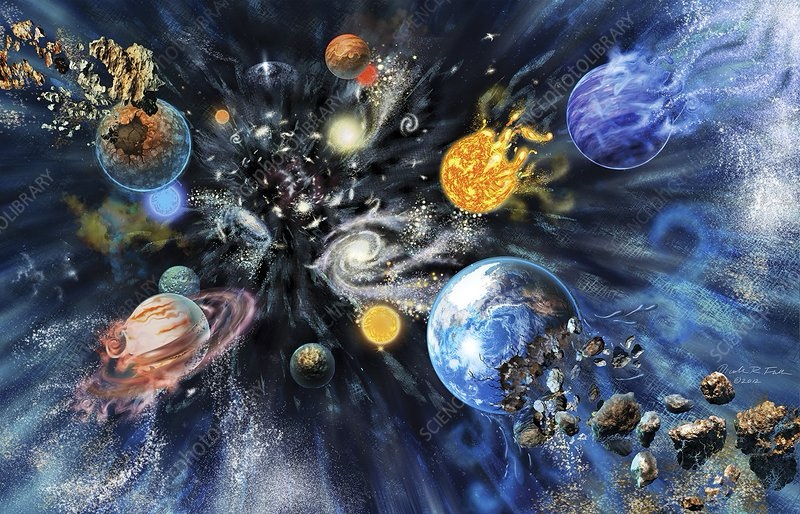The universe, shrouded in mystery, and captivates us with its enigma. Our limited knowledge comes from relentless efforts to understand its intricacies. From thinking about how it all began to contemplating about how it ends, we are filled with many questions. Check out some compelling theories that suggests how it all ends
The Cosmic Chill: Exploring the Concept of the Universe’s Heat Death.
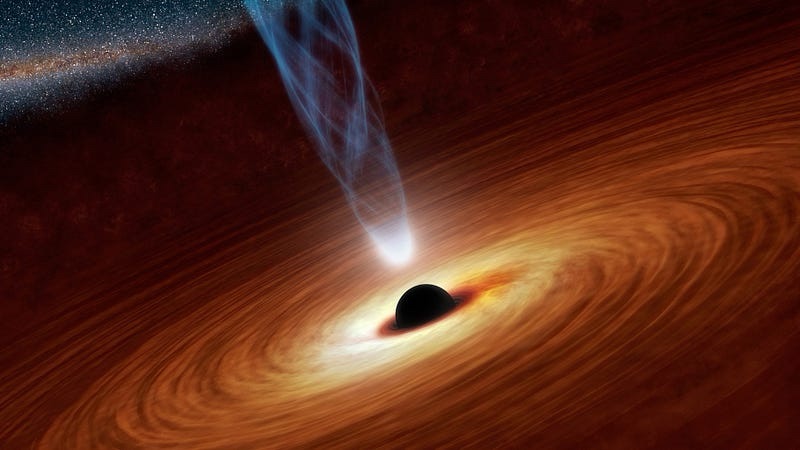
Imagine a universe continuously expanding at an exponential rate – galaxies drifting apart, creating widening expanses of darkness. As stars move further, their once-illuminated planets fade into darkness . The inevitable outcome: cosmic equilibrium, which explains the concept of ‘heat death.’ Following the laws of thermodynamics, hot, dense entities disperse into a cold void, evolving into a sparse, uniform mist, transforming the cosmos into a vast, dark emptiness.
9. Black Hole Heath Death
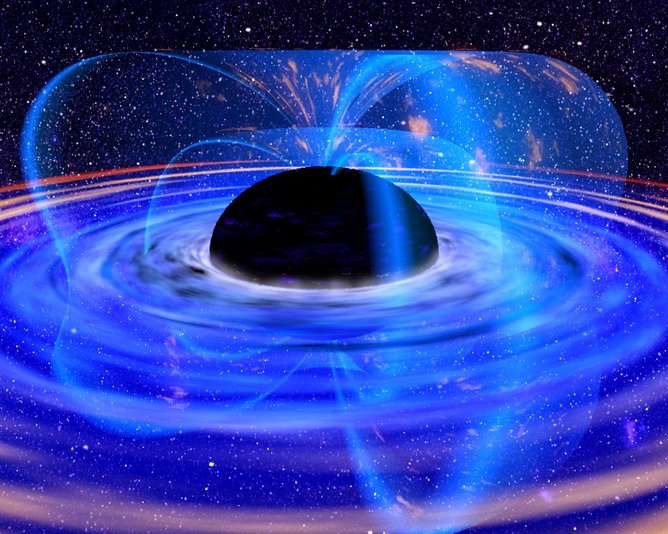
A circulating theory suggests that black holes might engulf a significant portion of the universe, plunging it into perpetual darkness, occasionally interrupted by flashes of light when objects draw near black holes. Subsequently, as black holes consume each other, they emit Hawking radiation, initiating a gradual evaporation process. In the end, the universe will fade into subatomic particles of Hawking radiation with the demise of the last black hole.
8. Crunch (The Big One)
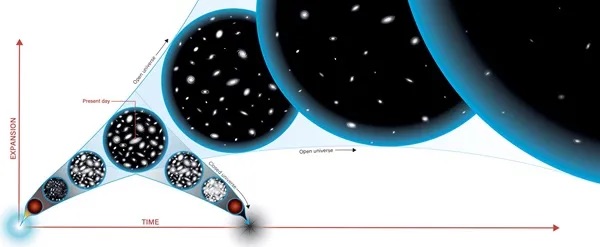
The prevailing theory on the universe’s origin is the Big Bang, an explosive transformation from nothingness to existence. In contrast, the Big Crunch envisions a reversal of this cosmic expansion. Gravity, acting as a counterforce, gradually slows the universe’s outward journey. Eventually, the ceaseless expansion will reverse, leading to a contraction. All cosmic entities, from planets to galaxies, will converge back to the central point of origin, erasing everything in the process.
7. The Big Bounce
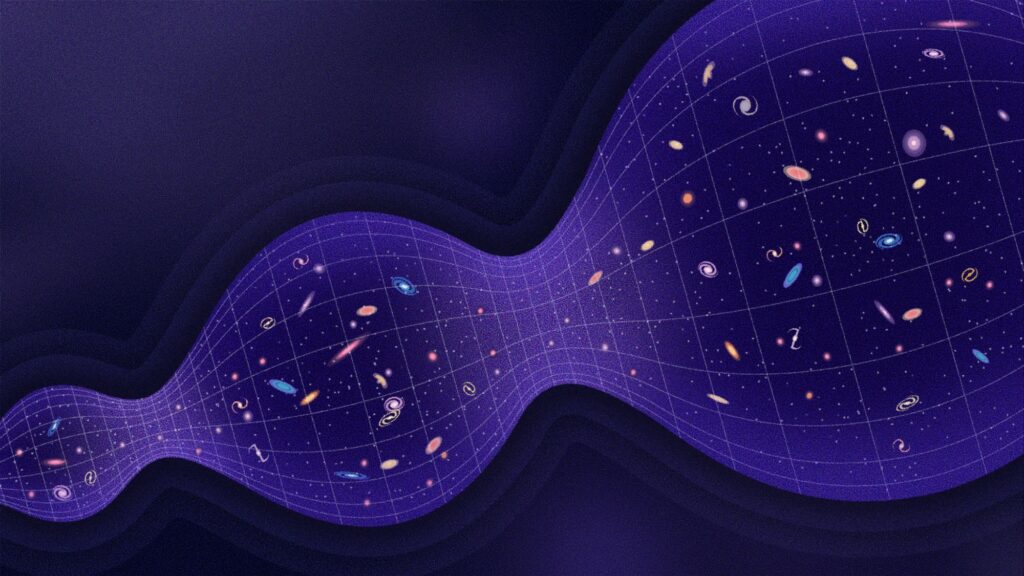
The Big Bounce is similar to the Big Crunch but with a positive twist, it’s about gravity slowing the universe’s expansion and contracting matter back to the center. This compression force could potentially trigger another explosive event, initiating the birth of a new universe. In this process, the universe bounces back. Contemplating this, a fascinating question arises – is our universe the first occurrence, or are we part of an extensive series, perhaps the 394th iteration? The intrigue is undeniable.
6. The Big Rip
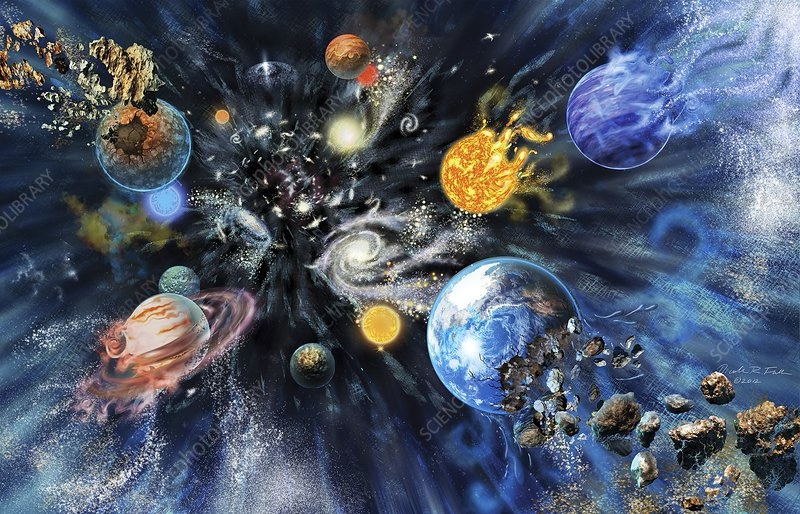
A scenario might unfold where the universe’s expansion accelerates to an extent that it ‘rips itself apart.’ In this scary event, our universe would be reduced to nothingness. Scientists suggest the possibility of the Big Rip occurring roughly 16 billion years from now, envisioning a time when planets, including Earth, still persist. The thought of witnessing Earth torn into minuscule fragments evokes a sense of awe and fear.
5. The End of Time

Theorists propose a scenario where time ceases to progress, locking a singular moment in timeless repetition. In this frozen state, everything remains as a snapshot of one eternal instant. Despite the paradoxical notion of eternity within that moment, Professor José Senovilla from the University of the Basque Country assures us that, by then, our planet will have long vanished, alleviating any concerns about the enduring nature of this temporal standstill.
4. Time Barrier
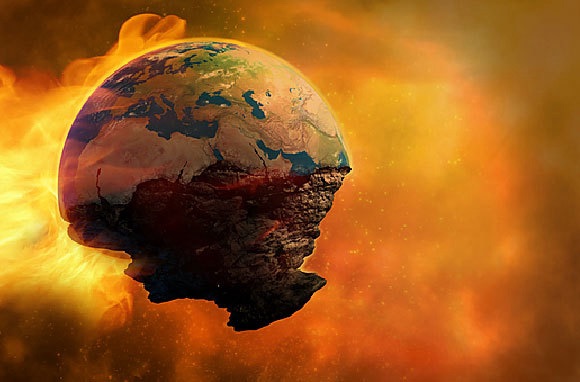
Contemplating the possibility of a multiverse introduces the challenge of an infinite-time universe, where every conceivable event has a 100 percent chance of occurrence. To grapple with these probabilities, scientists isolated a segment of the universe, giving rise to a new predicament. Similar to slicing off outer sections of a state like West Bengal on India’s map, we face the prospect of crossing a time barrier in an estimated 3.7 billion years, signaling the eventual demise of the universe.
3. Don’t Bother It Won’t
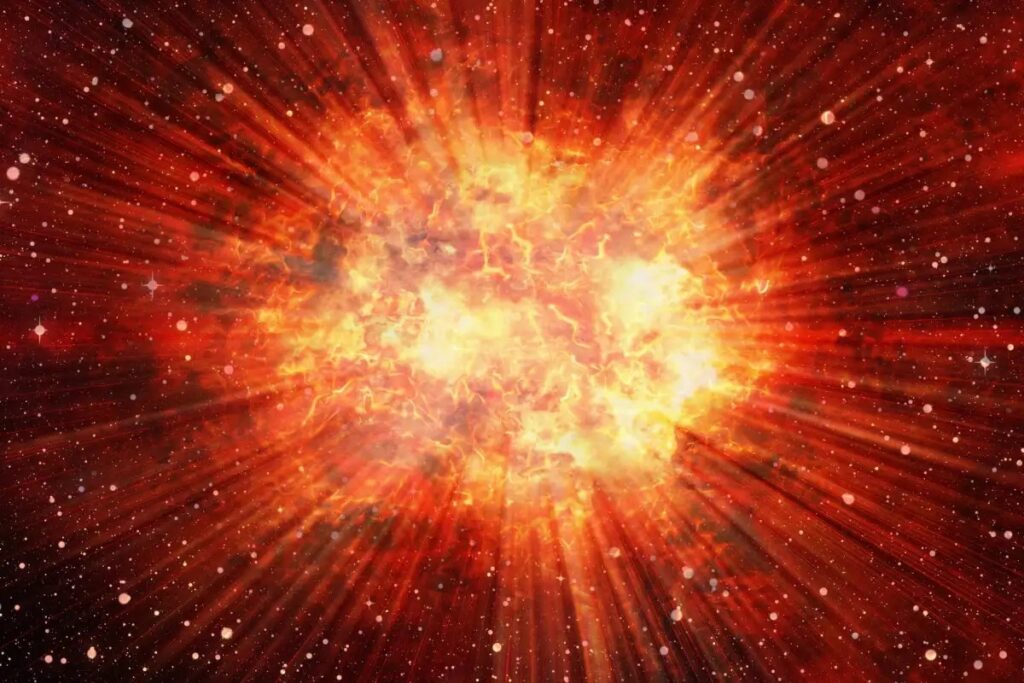
The universe’s fate isn’t singular, as our existence is within a multiverse. Universes may emerge through a Big Bang or fade away via a Big Crunch, heat death, or a Big Rip. Our universe is merely one among many in this vast multiverse. While our specific universe may one day face oblivion, the overarching “universe” persists. In the realm of a multiverse, new universes continuously come into being, perpetuating the cosmic cycle.
2. Vacuum Metastability Event

Certain scientists propose that our universe teeters on the brink of instability, poised for disruption. In the distant future, the universe could tip over this edge, giving rise to a lower-energy vacuum bubble seemingly out of nowhere. This expanding bubble would obliterate everything in its path, leading to a peculiar transformation. Strangely, the universe will persist after the event with altered laws of physics and unfamiliar life forms.
1. The Eternal Universe
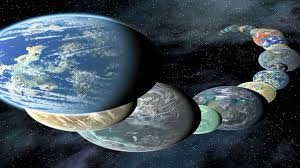
This theory proposes the universe’s potential for eternal existence through cyclic expansions and contractions. Despite originating from an initial singularity of infinite density and temperature, some scientists contemplate the idea that this singularity may not signify the true inception of time. According to this perspective, time might have existed before the occurrence of the Big Bang.
